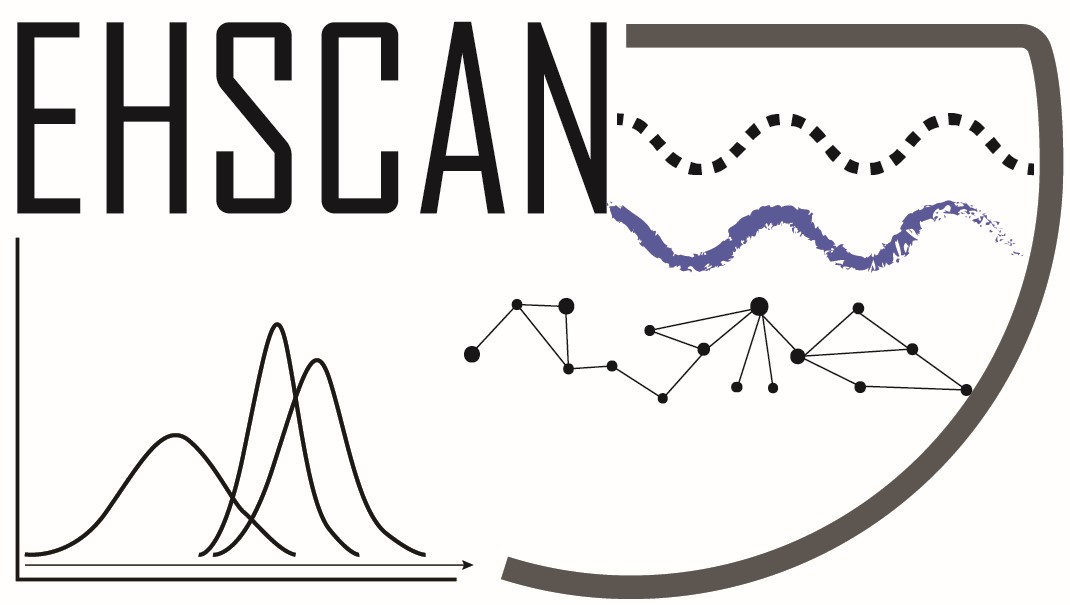

EHSCAN is a Horizon-MSCA-2022-PF scheme Fellowship Funded by UKRI and hosted by the McDonald Institute for Archaeological Research, University of Cambridge.
The aim is to understand the cultural dynamics and transmission means of material culture in North Africa during the Early Holocene period (~10.5-8 kya). The project focuses on pottery assemblages and radiocarbon dates to explore the underlying factors driving the diffusion of technological innovations in prehistoric North Africa. By employing a comprehensive analysis of archaeological data via statistical and computational modelling, EHSCAN seeks to uncover the networks of interaction, mobility, and exchange that influenced the socio-economic activities and identities of hunter-gatherer-fisher (HGF) communities in the Sahara during the Early Holocene.
EHSCAN will employ an approach combining generative inference framework and geostatistical analyses to establish and explore the nature, extent, and origins of past networks and how interconnections shaped the cultural and demographic reality of the HGF in the Sahara across a diverse array of data. To test the various assumptions, it will simulate archaeological datasets using different putative models of cultural change with known and parameterised evolutionary processes. The resulting simulated records will then be compared against the observed archaeological data, providing a formal and comparative measure of the goodness-of-fit of specific models.
From a wider perspective, this research revolves around the study of the mechanisms behind variations in material culture and examines the intra-cultural variability in later prehistory. In a comparative view, the goal is to investigate human resilience, innovation, and risk management by analysing hunter-gatherer technology, mobility, and subsistence strategies in the face of climate change and population pressures also considering modern ethnographic parallels, analogies, and patterns.


